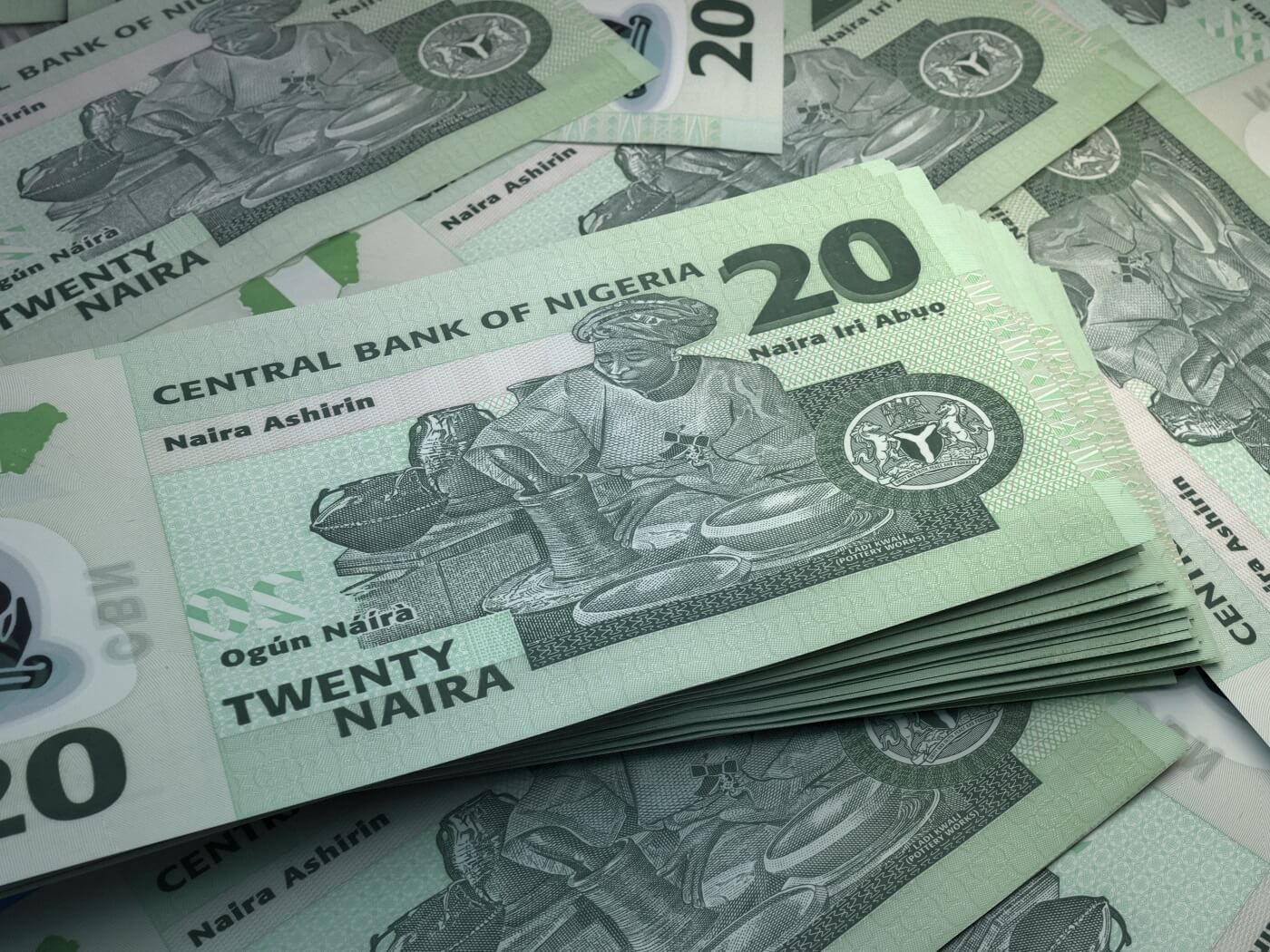In a remarkable turn of events, Brazil has witnessed a staggering surge in the adoption of Tether (USDT) in 2023, solidifying its position as the frontrunner in the country’s cryptocurrency landscape. According to data from Brazil’s revenue service agency, USDT now constitutes a remarkable 80% of all cryptocurrency transactions in the nation.
As of mid-October this year, USDT transactions in Brazil have totaled a whopping $271 billion Brazilian reais, which translates to approximately $55 billion USD. This impressive figure represents almost double the volume of Bitcoin transactions in the country, which amounted to $151 billion reais, approximately $30 billion USD.
Stablecoins, including USDT, are cryptocurrencies designed to maintain a stable value by typically pegging their worth to fiat currencies like the U.S. dollar and, in this case, the Brazilian real.
USDT’s ascent to prominence in Brazil’s crypto market can be traced back to 2021 when it began to gain traction. However, the turning point came in July 2022 when it surpassed Bitcoin in transaction volume, marking a pivotal moment during the crypto industry’s tumultuous period, which saw the collapse of major players like Three Arrows Capital and Voyager Capital.
Brazil’s and USDT impact and government crypto regulation
The subsequent crypto winter took its toll on Brazil, resulting in a nearly 25% decrease in crypto transactions in 2022, culminating in a total of $154.4 billion reais or approximately $31 billion USD, as reported by the government.
Brazil’s tax agency has been closely monitoring crypto-related activities of its citizens, employing a sophisticated system reliant on artificial intelligence and network analysis. This system is capable of identifying suspicious transactions and tracking the geographical locations of individuals engaged in cryptocurrency trading.
In addition to domestic scrutiny, the Brazilian government has extended its reach to citizens’ crypto investments held abroad. On October 25th, the local Congress enacted legislation categorizing cryptocurrencies as “financial assets” for tax purposes concerning foreign investments. Starting in January 2024, earnings between 6,000 and 50,000 reais (approximately $10,000 USD) will be subjected to a 15% tax rate. Above this threshold, taxes will rise to 22.5%.
Since 2019, Brazilian crypto exchanges have been mandated to disclose all user transactions to the government. Furthermore, capital gains resulting from crypto sales exceeding 35,000 reais (approximately $7,000 USD) per month are subject to a progressive tax rate ranging from 15% to 22.5%.
Brazil’s crypto landscape boasts a diverse mix of global and local exchanges catering to its burgeoning crypto community. Established global players such as Coinbase, Binance, Bitso, and Crypto.com have a strong presence in the country. They operate alongside local entities like Mercado Bitcoin and Foxbit, contributing to the vibrant and ever-expanding crypto ecosystem in Brazil.





